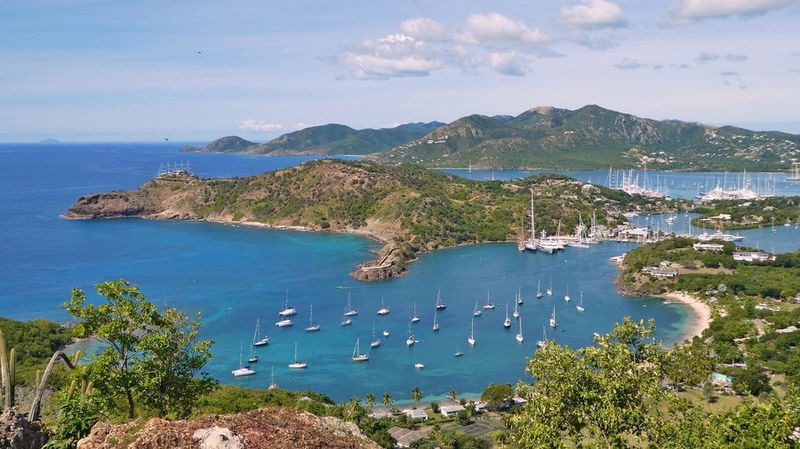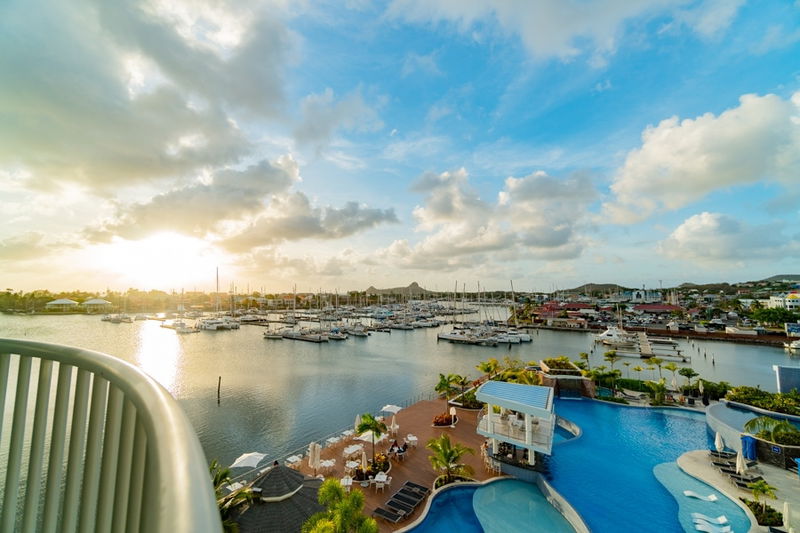President Trump May Extend U.S. Travel Ban To 36 More Countries

Featured image: neufal54/Pixabay
Following U.S. travel bans and restrictions placed on 19 countries less than two weeks ago, 36 more countries are under the crosshairs for various security concerns.
In an internal diplomatic cable signed by Secretary of State Marco Rubio and seen by the Washington Post, the Trump administration has targeted 36 countries that it has recommended for a full or partial ban.
Some of the concerns raised include citizens overstaying their visas, governments not co-operating with deportation efforts, countries offering citizenship by investment without a requirement of residency, and nationals from some of the listed countries involving themselves in various terrorist and other anti-American activities.
The cable further noted that these highlighted issues do not affect every single country on the list. For instance, Antigua and Barbuda isn’t a problematic nation, but offers citizenship by investment for as little as US $100,000. This could be an issue for the U.S. as citizens from banned nations could apply for an Antiguan passport to circumvent these restrictions.
The affected countries are as follows:
| Countries | |
|---|---|
| Angola | Antigua and Barbuda |
| Benin | Bhutan |
| Burkina Faso | Cabo Verde |
| Cambodia | Cameroon |
| Cote D’Ivoire | Democratic Republic of Congo |
| Djibouti | Dominica |
| Ethiopia | Egypt |
| Gabon | The Gambia |
| Ghana | Kyrgyzstan |
| Liberia | Malawi |
| Mauritania | Niger |
| Nigeria | Saint Kitts and Nevis |
| Saint Lucia | Sao Tome and Principe |
| Senegal | South Sudan |
| Syria | Tanzania |
| Tonga | Tuvalu |
| Uganda | Vanuatu |
| Zambia | Zimbabwe |
Unlike the first ban, these countries will be given a 60-day period to get their affairs in order and address the respective highlighted issues. If they still do not meet the standards set about by the U.S. government, citizens from these nations may face either a full or partial ban.

In early June, a full ban was placed on 12 countries including Afghanistan, Myanmar (Burma), Chad, Republic of the Congo, Equatorial Guinea, Eritrea, Haiti, Iran, Libya, Somalia, Sudan and Yemen, were banned outright from entering the United States.
These 12 countries were flagged for more serious concerns such as involvement in terrorism, nationals abusing visa allowances, poor vetting policies, various human rights abuses and unwillingness to accept deported nationals.
Partial restrictions were placed on a further seven countries including Burundi, Cuba, Laos, Sierra Leone, Togo, Turkmenistan, and Venezuela. These countries were targeted more for administrative issues such as high visa overstay rates, border control issues, poor information sharing, and lack of proper identity document management.



